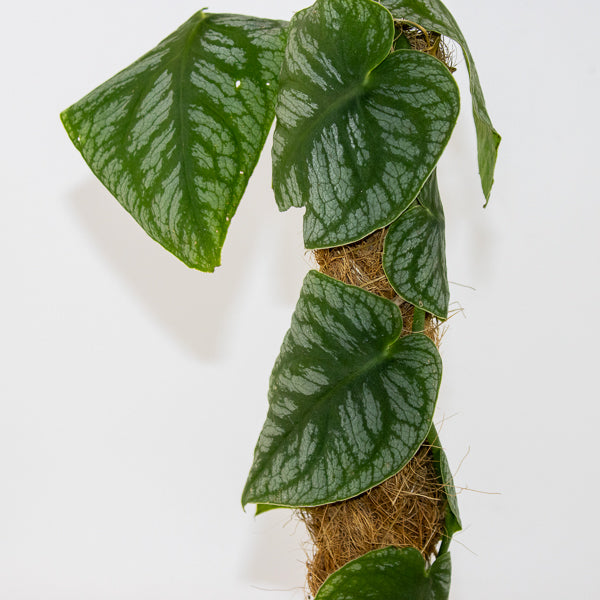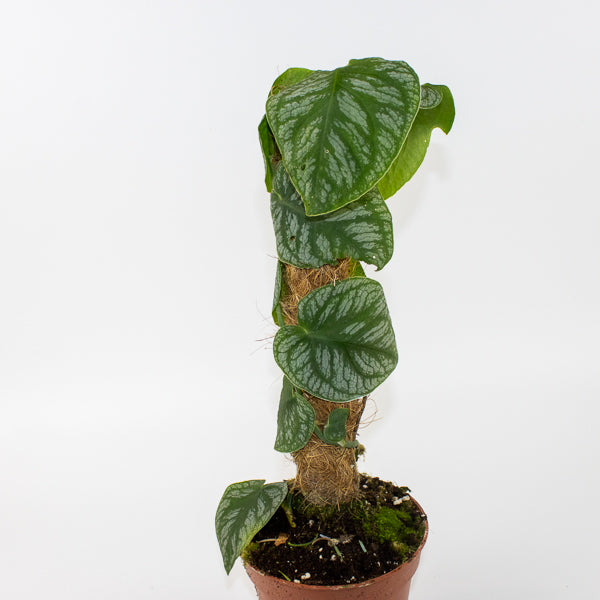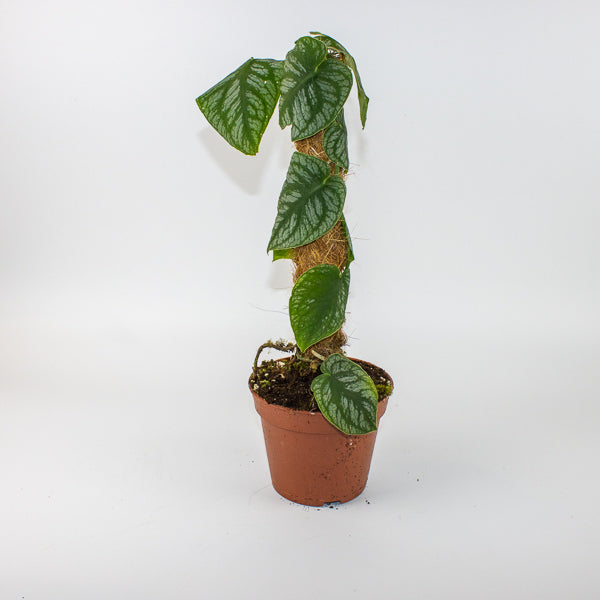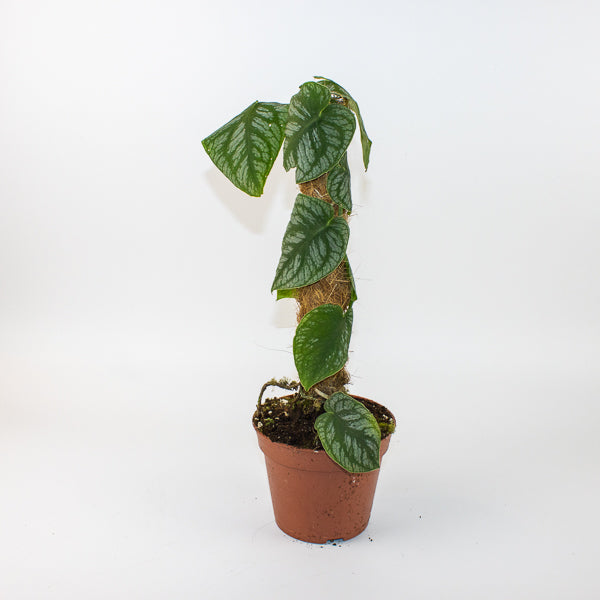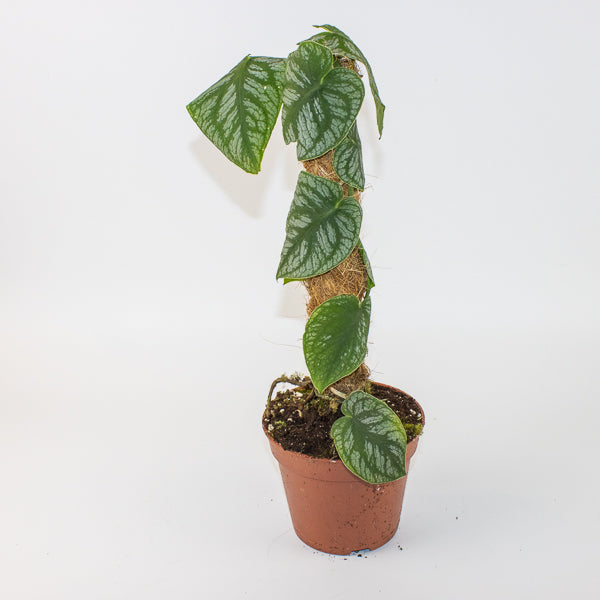1
/
of
5
Emm's Plant House
Monstera dubia 14cm H45cm
Monstera dubia 14cm H45cm
Regular price
£34.00 GBP
Regular price
Sale price
£34.00 GBP
Unit price
/
per
Taxes included.
Couldn't load pickup availability
Monstera dubia is a fascinating and unique species of Monstera, native to the tropical rainforests of Central America. Known for its strikingly beautiful, heart-shaped leaves that start out small and gradually grow larger with fenestrations as the plant matures, Monstera dubia is a sought-after plant for its distinctive climbing habit and stunning appearance. Its juvenile leaves are solid green, and as the plant climbs, they become split and patterned, resembling the more famous Monstera deliciosa. Monstera dubia is perfect for those looking to add a touch of the tropics to their indoor plant collection.
- Full Botanical Name: Monstera dubia
- Common Names: Dubia Monstera, Shingle Plant
- Country and/or Region of Origin: Native to Central America, particularly in tropical regions of Mexico and Panama
- Growing Conditions in Native Habitat: Grows as a climbing vine in tropical rainforests, thriving in shaded, humid environments where it attaches to trees and other structures for support.
Care Guide
Care Guide
Share
